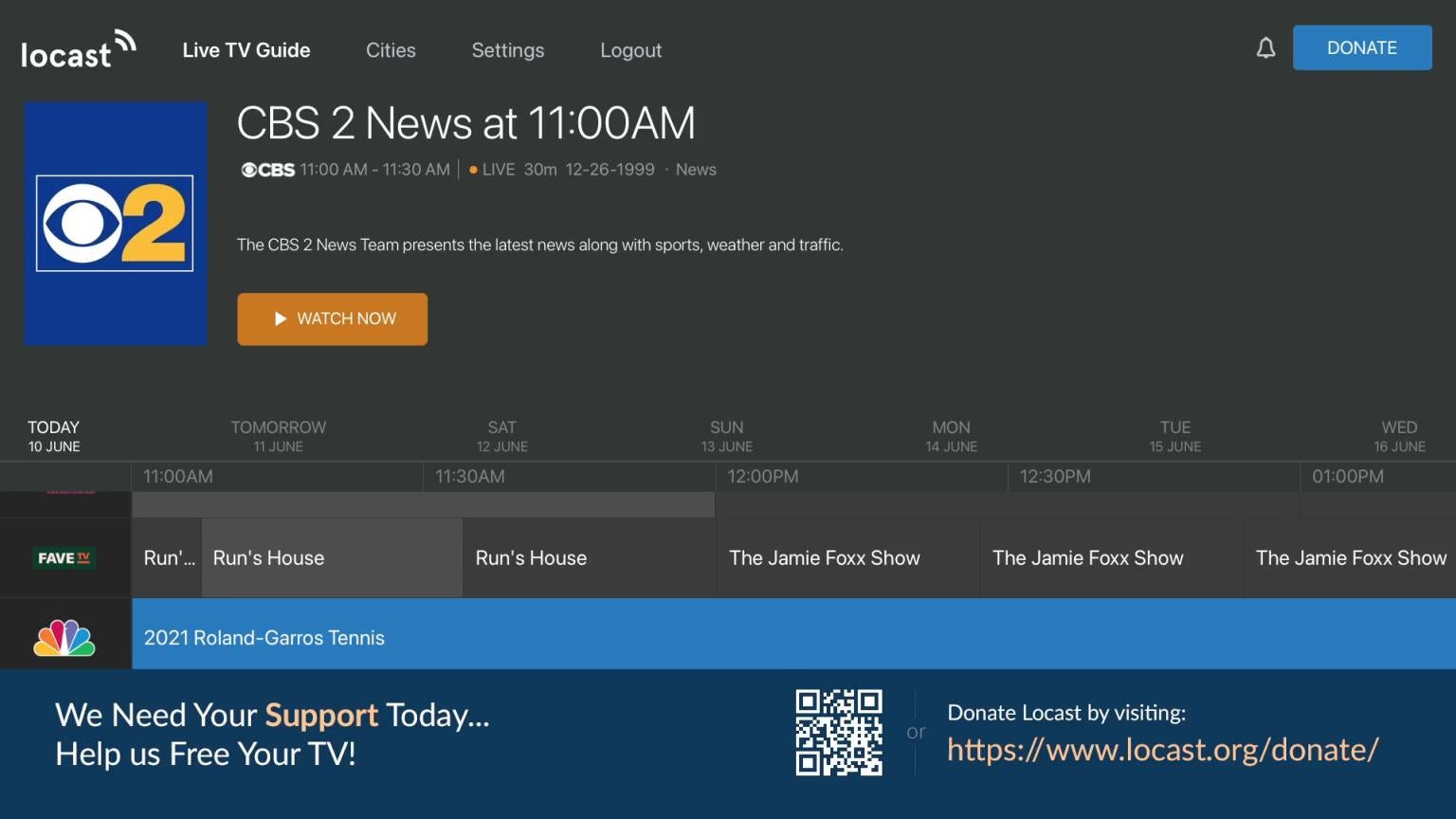
With the Locast hearings recently concluded, and the service itself shut down in its wake, the aftermath has proven to be fertile ground for opinion all across the spectrum. The Electronic Frontier Foundation (EFF) has joined the fray itself, coming in in favor of Locast as a means to get better access to local channels.
The EFF’s position follows previously-stated law, noting that there are already laws in place that protect non-profit entities from retransmitting broadcast television. The exceptions the EFF cites detail how non-profit entities are not to be considered as infringing copyright if those retransmissions are done without commercial purpose. The non-profit entities are permitted to make some money from the retransmissions as well, in that they’re allowed to “cover their costs.” This is why, the EFF notes, Locast had a donation function that allowed viewers to make cash donations that would serve such a function.
What seemed to frame the court’s response, the EFF noted in a separate document, is that the donation function was considered a “charge.” This would have shifted the concept to a commercial purpose, which means Locast would have been operating outside the exemptions provided. However, the EFF asserts—and likely Locast as well—that the donations were done only as a way to cover costs, which is permissible under the standards that Congress has already set forth.
The EFF declared the argument of donations being a commercial purpose “bogus”, and noted that this was one more example of “…how giant entertainment companies use copyright to control when, where, and how people can receive their local TV broadcasts, and drive people to buy expensive pay-TV services to get their local news and sports.” It’s little surprise that the EFF would make such a statement, given that the EFF was part of Locast's defense team.
Locast is, as reported previously, considering its options for future response.
There is something to be said for a streaming service to cover local channels. After all, for those whose internet reception is better than their television reception, being able to view local channels by streaming just makes sense. It’s also a fine backup option as well; if an antenna goes down for some reason, or the power goes out, being able to stream on a mobile device, with mobile internet and its own battery, can be a lifesaver.
The Locast mess will likely continue to trouble the courts for some time to come, but in the end, the idea of streaming local channels will still make sense. Hopefully, a way can be found that allows such a development to take place without stepping on the toes of copyright holders.
The Streamable has collected other ways you can stream local channels in Locast’s absence.